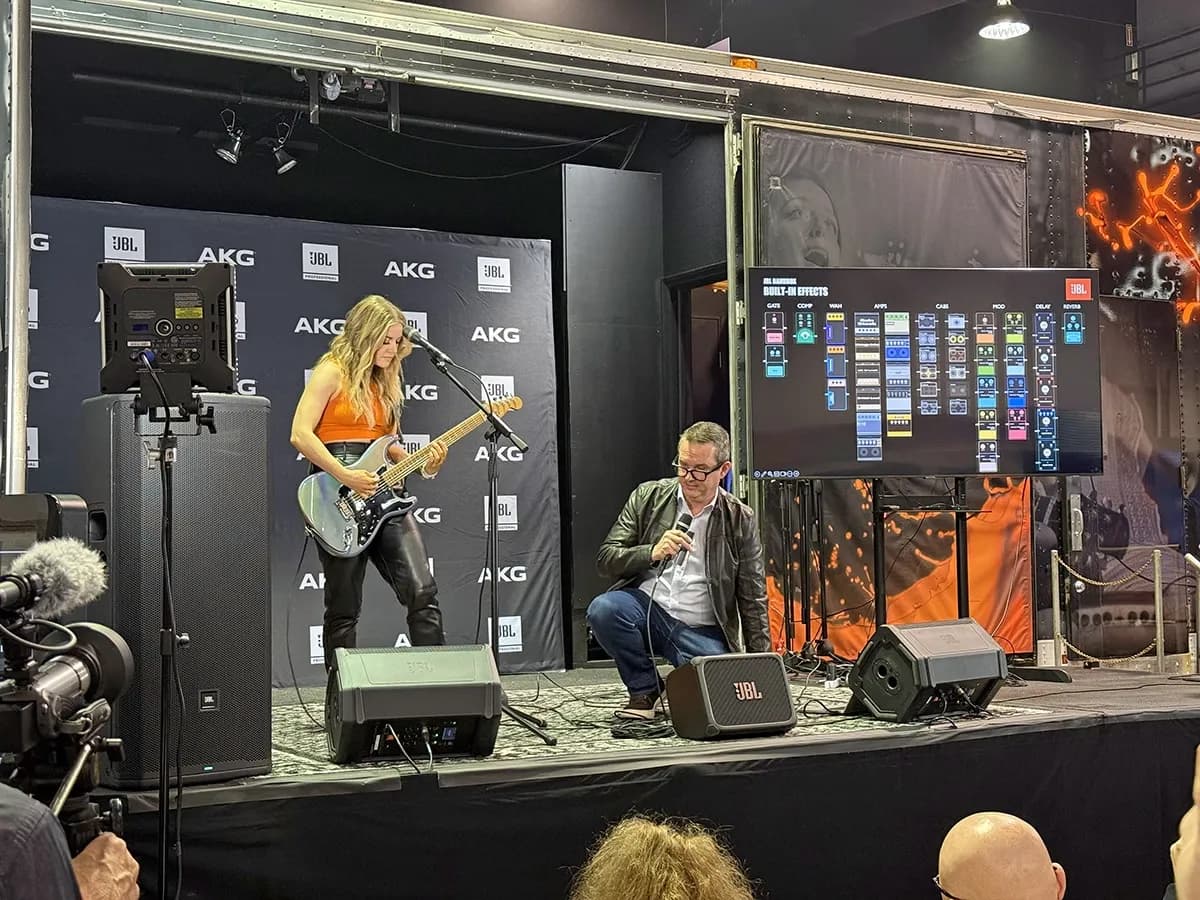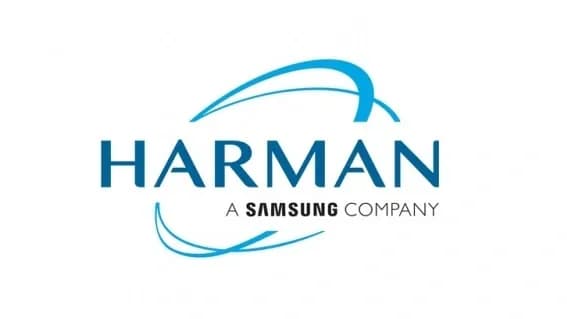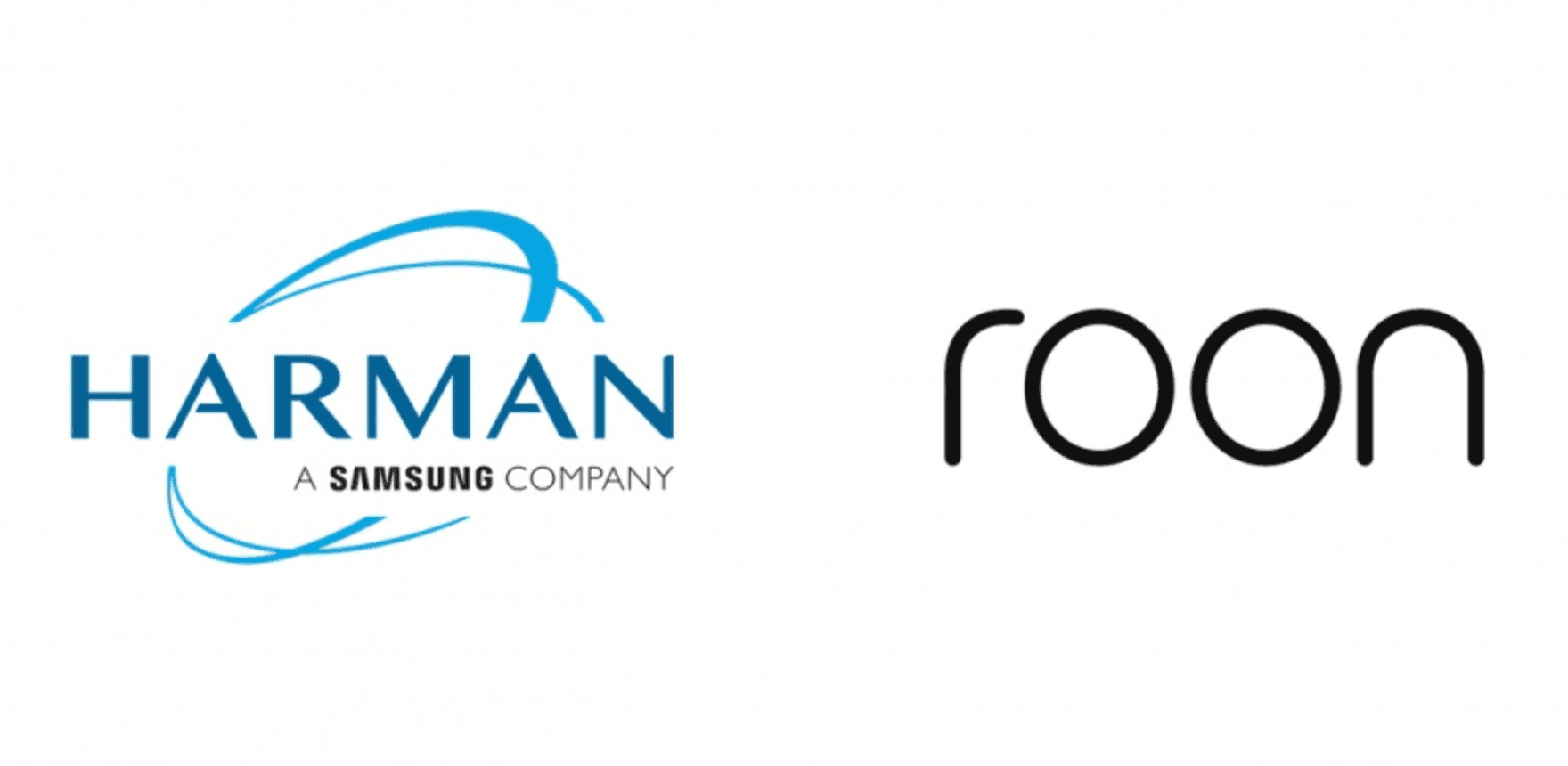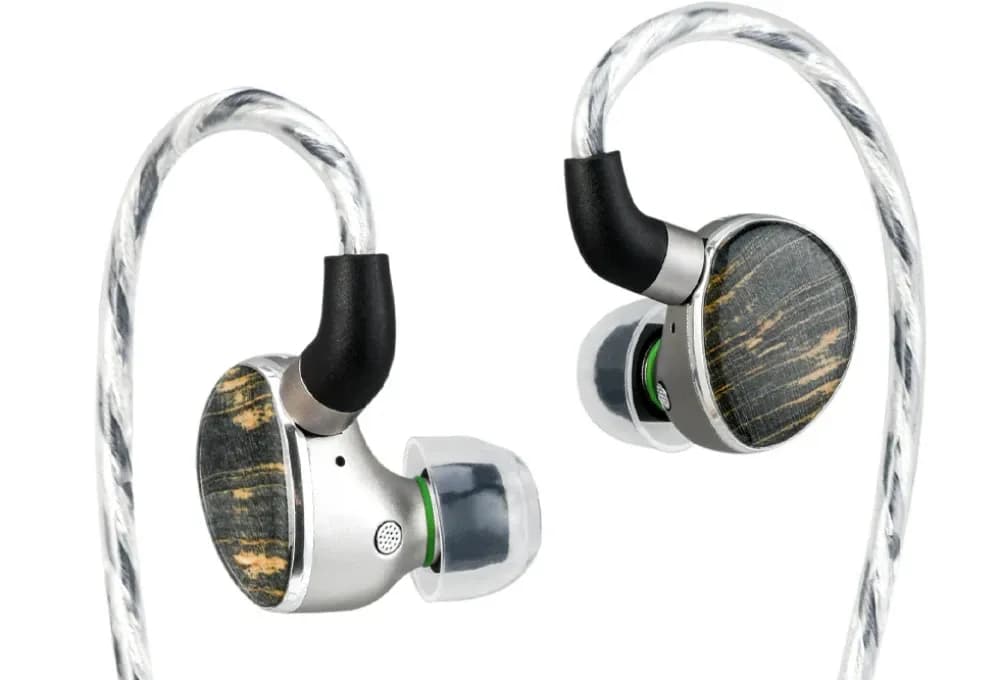HARMAN
United States
www.harman.comAbout HARMAN
Founded in 1953 by Sidney Harman, HARMAN International Industries began as an American audio electronics company that grew through strategic acquisitions including JBL (1969), AKG, Harman Kardon, Infinity, Lexicon, Mark Levinson, and Revel, building a portfolio of 15+ audio brands. Sidney Harman sold the company to Beatrice Foods in the 1970s when he joined the Carter administration as Deputy Secretary of Commerce, then reacquired businesses after leaving government in 1978 to recreate Harman International. In 2008, Dinesh Paliwal succeeded Harman as chairman. Samsung Electronics announced acquisition of HARMAN for $8 billion on November 14, 2016 (completed March 10, 2017), marking Korea's largest foreign acquisition. Under the merger, stockholders received $112 per share, with HARMAN becoming an independent Samsung subsidiary retaining its workforce, headquarters, facilities, and all audio brands. Paliwal remained CEO under Samsung's oversight. The acquisition proved highly successful, with HARMAN posting record 1.3 trillion won ($902 million) operating profit in 2024, transforming from industry skepticism to Samsung's golden goose leading automotive electronics. Today, HARMAN operates independently within Samsung, maintaining its legendary audio brands while expanding into automotive and connected technologies.
Read moreHiFi Editorial
Xiaomi Buds 6 Confirmed: Premium Wireless Earbuds with Certification Revealed

Xiaomi is preparing to launch the Buds 6 wireless earphones, certified under model number M2540E1, indicating imminent global availability.
Buds 6 will succeed the Buds 5 series, known for features like ANC, spatial audio, and aptX Lossless.
Design is predicted to retain the stem-style form with options for silicone ear tips for improved isolation.
HiFi Editorial
Harman Introduces JBL BandBox: AI-Powered Amplifier and Speaker Revolutionizing Musical Practice and Performance

JBL's new BandBox series combines AI-powered audio source separation with musician-focused features, enabling real-time isolation of vocals, instruments, and drums directly on the device.
The BandBox Solo is compact and portable, ideal for individual practice, while the larger BandBox Trio includes a 4-channel mixer for small bands and street performances.
Both models feature built-in effects, amp models, and tools like a looper and pitch shifter, accessible via the JBL ONE app for intuitive control.
HiFi Editorial
Xiaomi Releases the OpenWear Stereo Pro Wireless Earphones with Hybrid Driver Technology

Xiaomi introduced the OpenWear Stereo Pro, a premium wireless earphone priced at approximately ¥19,980, launched on September 26, 2023.
Featuring a hybrid multi-driver configuration, it includes 18x13mm dynamic drivers, dual balanced armatures, and a piezoelectric ceramic tweeter for enhanced audio quality.
Co-tuned by Harman, it supports spatial audio with 360-degree head tracking for immersive sound experiences.
HiFi Editorial
Xiaomi Releases Harman-Tuned "Sound Party" Bluetooth Speaker

Xiaomi released the "Xiaomi Sound Party" Bluetooth speaker on September 26, featuring audio tuning by the Harman Golden Ear Team.
The speaker offers a 15W tweeter and 35W woofer, delivering deep bass and high-quality sound performance with "HARMAN AudioEFX."
It supports Bluetooth 5.4, NFC one-touch pairing, and hands-free calls, with a Party Mode for up to 100 connected speakers.
HiFi Editorial
"Xiaomi introduces TV S Pro Mini LED Series 2026: Cutting-Edge Smart TVs with 4K Ultra HD and HDR Support"

Xiaomi introduces the TV S Pro Mini LED Series 2026, featuring 4K Ultra HD resolution and advanced Mini-LED backlighting with Quantum Dot technology.
These models support multiple HDR formats, including Dolby Vision, HDR10+, HLG, and HDR10, and achieve a peak brightness of 1700 nits.
Available in 55, 65, and 75-inch sizes, the TVs offer native 144 Hz refresh rates, with up to 288 Hz in Game Boost mode at 1080p resolution.
HiFi Editorial
After $350M Deal: Harman President Shares First Hints About Impactful Acquisition

Harman, a subsidiary of Samsung, acquired Sound United from Masimo for $350 million, integrating brands like Bowers & Wilkins, Denon, and Marantz.
Masimo, originally in medical technology, sold Sound United as part of restructuring to focus exclusively on healthcare solutions.
Harman's acquisition expands its audio portfolio, adding to brands like JBL and Harman Kardon, and aims to leverage synergies among their technologies.
Masimo Divests Sound United to HARMAN for $350 Million

Masimo sells Sound United to HARMAN for $350M, refocusing on healthcare technology.
HARMAN strengthens its audio portfolio with renowned brands like Bowers & Wilkins and Denon.
Synergies expected to drive innovation across home, car, and hi-fi audio categories.
Xiaomi Unveils Buds 5 Pro: First Wireless Headphones with Wi-Fi Support

Xiaomi Buds 5 Pro introduces Wi-Fi connectivity for high-fidelity sound streaming up to 4.2 Mbit/s.
Features dual amplifier system with 11mm titanium dynamic woofer and 10mm ceramic tweeter for balanced audio.
Advanced ANC reduces noise by up to 55 dB; call clarity enhanced with 100 dB background sound reduction.
HARMAN Acquires FLUX: Ushering in Advanced Immersive Audio Solutions

HARMAN Professional Solutions acquires FLUX SOFTWARE ENGINEERING to boost immersive audio capabilities.
Collaboration merges FLUX's software innovation with HARMAN's hardware expertise for advanced solutions.
Leadership highlights focus on empowering creators with cutting-edge audio tools and products.
Roon Joins HARMAN Family: Future of Audiophile Streaming

HARMAN, under Samsung Electronics, has acquired Roon to strengthen its audio portfolio.
Concerns arise over possible changes to Roon's model and its product integrations.
Speculation suggests HARMAN may leverage Roon to compete in multi-room streaming, targeting rivals like Sonos.
HiFi Editorial
Tin HiFi T6 Hybrid In-Ear Headphones: Dynamic and Planar Drivers with Premium Build

Tin HiFi introduces the T6 in-ear hybrid headphones, combining dynamic and planar drivers for enhanced audio performance.
Crafted from CNC-machined aluminum with lacquered wood accents, the T6 delivers both durability and aesthetic appeal.
Includes three interchangeable acoustic filters: classic curve, Harman curve, and a gaming-focused tuning for personalized sound.
Join the HiFi.fan community to discuss experiences with HARMAN gear.